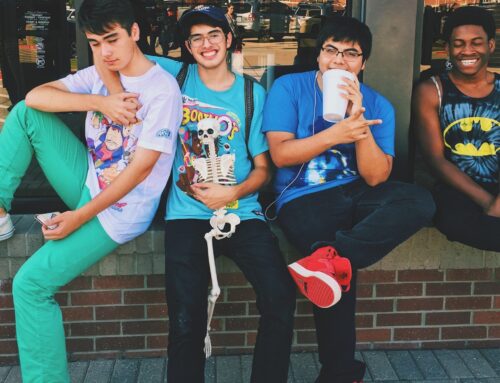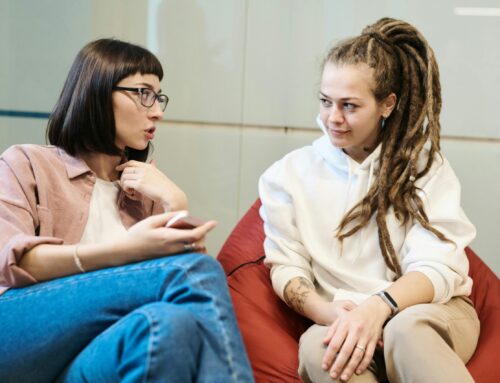Going on a Journey

At Surrey Youth Focus we are constantly seeking to learn and do things differently. In particular, we are on one long learning curve around how to do true collaboration/co-production.
A journey is a good analogy for collaboration. Who decides the destination? Who decides the mode of transport, the timing, etc? We’re going to Brighton, would you like to come in with us, we’re leaving at 10.30 and you can come in our car? That’s not really collaboration, is it?
We’re going to Brighton – would you like to come and if so, what time should we go and how should we get there? Train, car or even cycle together – let’s discuss and agree. This is getting closer to more equal collaboration, but still it’s a destination that we set.
Our speed dating event in in the autumn piloted a very different way of working. My colleague pulled together a group of about 6 or 7 people from different departments/agencies aiming to serve children young people with disabilities to set off on a journey together. On her own she might have made it to Brighton. Together they made it to Paris! They achieved far more by deciding the destination together, pooling resources and working collaboratively to get to that destination.
But getting to Paris is only possible if people have passports. How I am stretching the analogy now, you may be thinking? A passport is the permission and culture to think outside of the box – to be allowed to flex and do things differently, to cross boundaries and do things differently.
At Surrey Youth Focus, we have changed how we do things over the years – we used to invite people to go to Brighton in our car and think that we were collaborating. Now we are constantly offering different people different opportunities to explore going different places with us.
But it is possible to go too far. In fact, recently I think perhaps we over-collaborated, if there is such a word, on one piece of work – offering people more involvement than they actually wanted. They did want us to set the destination and mode of transport and just come along for the ride.
If you have collaborated with us, please do feel free to give us feedback – what did you like? What could we have done better?
The journey analogy works for small and big pieces of work – either can be done with others. The problem is that starting big (e.g. with a five year strategy) can take a long time before they make a difference to children and families. Doing smaller pieces of collaborative work on bite size issues facing children and families can be a more efficient way of making a difference to families today.
So who are you going to go on a journey with? Are you approaching them before you’ve decided on the destination?
If you would like help planning your journey, do get in contact with Surrey Youth Focus – having learned quite a lot about collaboration, we increasingly see that the most useful role we can play in the system is to share our learning around collaboration (and planning journeys) with others.
– Cate Newnes-Smith



